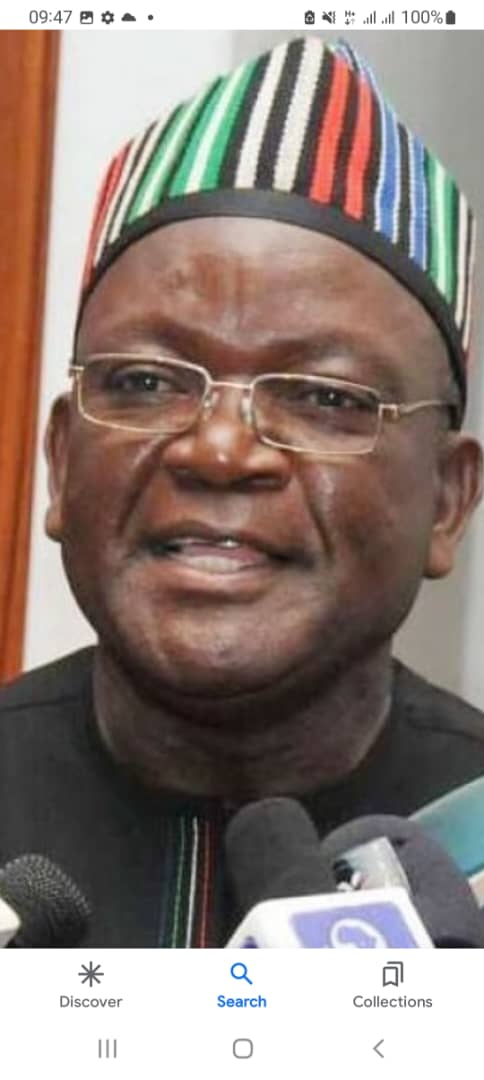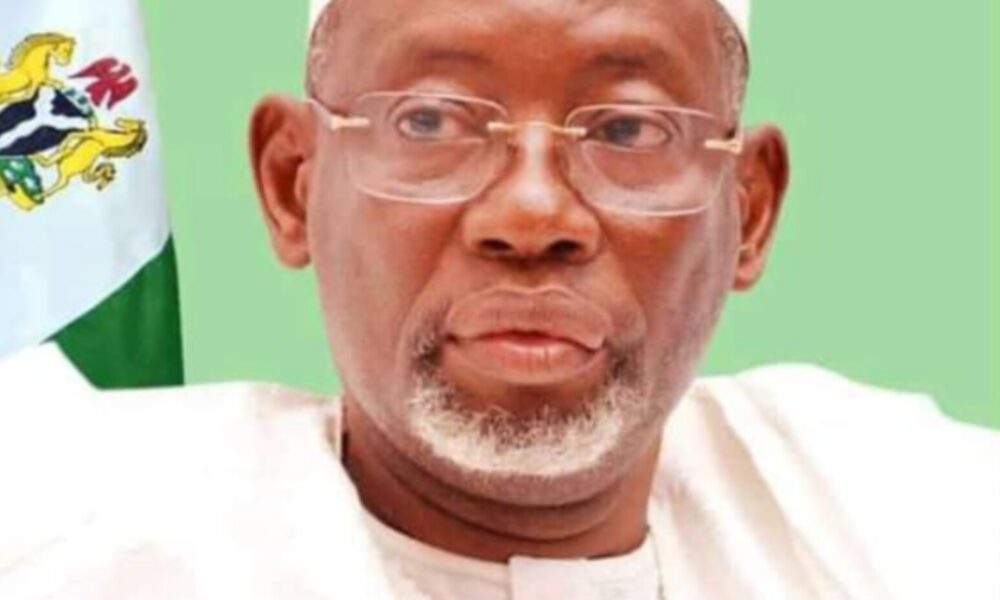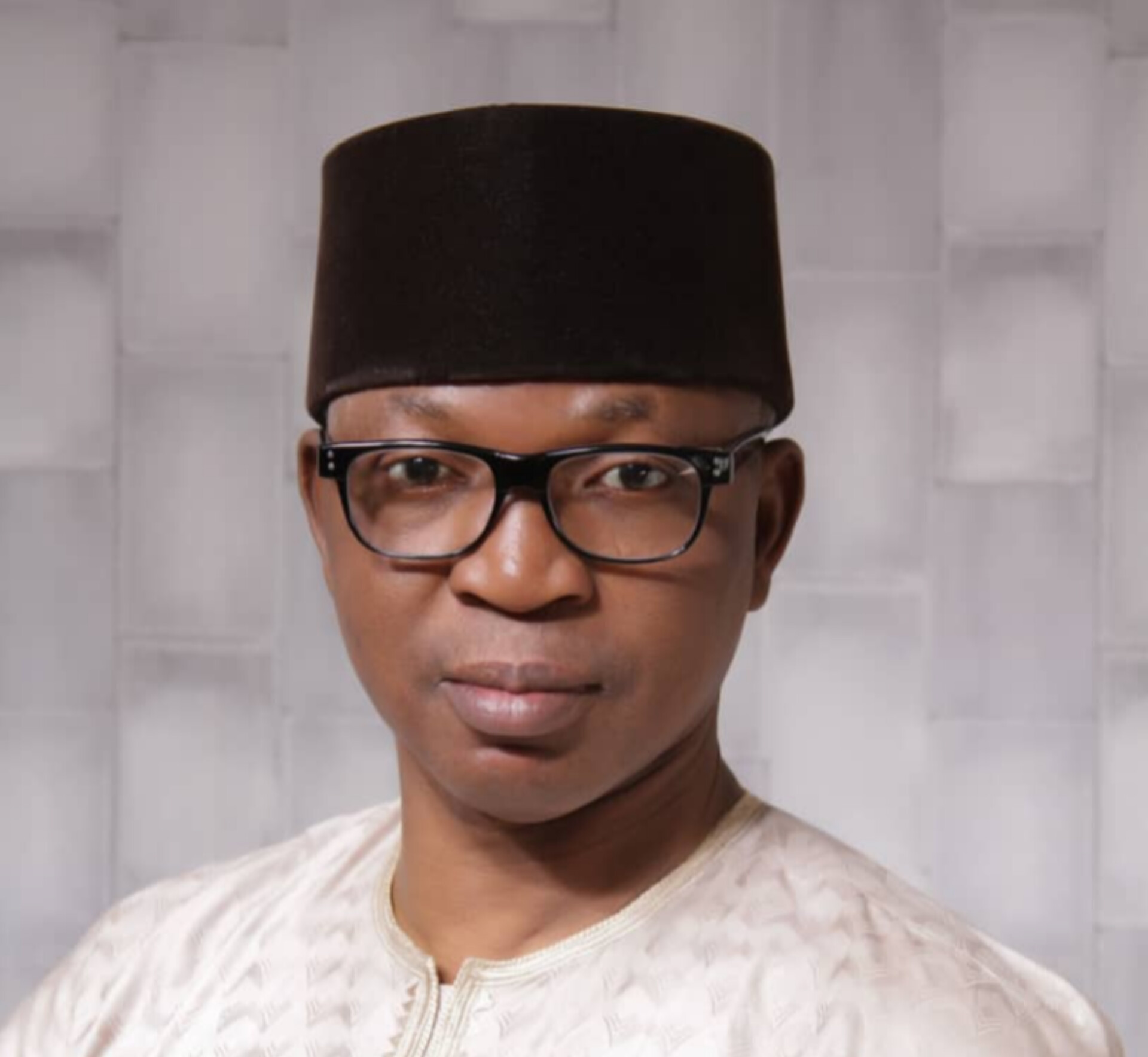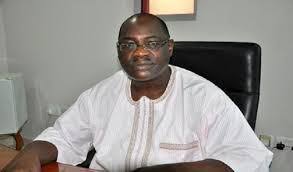By Tunde Olusunle
Two incidents in the not too distant past, mitigated my physical participation in open-field, free-to-air political events, notably rallies and conventions, in recent times. At a rally of the Peoples’ Democratic Party, (PDP), in Lokoja, the Kogi State capital years ago, I left the venue of the event, relatively lighter than I went. My prized mobile phone had been pinched from the pocket of my national dress I donned to the event. It was an experience I had never had. With most of us almost wholly dependent on our electronic gadgets for day-to-day functionality, I felt like an orphan having been so criminally dispossessed of my device, for 24 subsequent hours. This was the time span between the pilferage of the equipment, and its eventual replacement. The second experience occurred as I queued to access Eagle Square, Abuja for the convention of the same party in 2017. I least imagined that the wad of currency notes I supposedly secured in one of the less visible pockets of my smart dress, could be so neatly, albeit criminally accessed!
On the recent invitation of the much-misunderstood governor of Benue State, Samuel Ioraer Ortom, however, I broke my subsisting self-censorship. I honoured the flag-off of the Benue State PDP campaigns, held in Makurdi the state capital, on Monday November 7, 2022. Candidates of the PDP contesting for various positions, at all levels in the February and March 2023 polls, were to be formally presented to the PDP family in the state. My longstanding friend and brother, Tivlumun Nyitse, Chief of Staff to Ortom, was the ideal host, on behalf of his Principal.

The pre-event sensitisation was massive. Ortom’s colleagues, who have come to be known as the G-5, or the Integrity Group as they are interchangeably referred to, in contemporary political discourse, were to headline the event. Nyesom Wike, Seyi Makinde, Okezie Ikpeazu and Ifeanyi Ugwuanyi of Rivers, Oyo, Abia and Enugu respectively, would be storming the food basket of the nation, the legend of Benue State, for the programme. They were coming to stir the Benue river, calmer now than weeks ago when its flooded banks chased the people from their homes and farmlands. The quintet have been vocal and unanimous in speaking up against issues they consider unjust and unfair, in the current structure and operations of their party, vowing never to back-down until their demands are addressed. The issues are public knowledge, and need no rehashing.
The airport at the typically sleepy Nigerian Airforce Base, Makurdi, came alive in the evening of Sunday November 6, 2022. Four private jets, each conveying Ortom’s guests, lit up the concreted face of the typically snoozing tarmac. Chief host Ortom would settle his guests in at the recently rehabilitated Aper Aku Lodge in Government House, christened after the Second Republic governor of the state. Aku is credited with several multisectoral innovations, during his shortlived four year term in office. Aper Aku Lodge is an innocuous, yet voluptuous complex with about 25 rooms, backing the Presidential Lodge within the Government House. After dinner with his guests in his own section of the Government House behemoth, Ortom led his guests on a short walk to the Banquet Hall for a reception.
Benue State’s well-known affluent culture was on display. Dances and performances from the major ethnicities in the state, the Tiv, Idoma, Igede and Agatu, featured at the event. Ortom’s August guests responded by nodding their heads to the rhythms of music and the footwork of performances, intermittently applauding the performers. Ortom proclaimed the adoption of his guests as honorary citizens of Benue State, requesting that the proclamation be recorded in relevant instruments of the government. Wike, Ikpeazu, Makinde and Ugwuanyi were subsequently robed in traditional Tiv attires, complete with ceremonial spears. They took to the dais themselves, and shuffled to the rhythms and songs.
Ortom’s guests woke up the next morning, to a tour and simultaneous commissioning of projects in the state capital and its environs. It was an opportunity for Ortom to beam to the world, some of the infrastructures he had developed for his people. “Dr,” he called me as we chatted, “I find it amusing when people accuse me of not building even a simple bathroom in all my years as governor. I think it’s because I’m media shy. My upbringing and religious inclination, also forbid my blowing my own trumpet.” Ortom continued: “Again, I’m by nature a frugal person. If I reckon that the cost of commissioning a particular project can help us build a culvert somewhere, or a borehole elsewhere, that is more important to me than the fanfare of showcasing things we’ve already put in place.” And Ortom does have a commendable collage of infrastructures to flaunt before the eyes of his August guests and constituents, variously.
They include: The 9.4 kilometre Tse Poor- Mbakya-Apir road and electricity project, named after first ever Speaker of the Benue State House of Assembly Ayua Num, which was commissioned by Wike. The 7.7 kilometre Tse Poor-Mbanima-Yaikyo road and electricity facility named after Sule Abenga, the late Ter Makurdi, was commissioned by Ugwanyi, while the 3.2 kilometre NKST- Yina- George Akume road named after the charismatic Joseph Waku, a prominent Tiv leader, was commissioned by Makinde.
A two-kilometre
Kaange Akaya- Lucy Aluor- Otukpo road, christened after Wike, was commissioned by Ortom’s predecessor, Gabriel Suswam, who is now a Senator. The two kilometre road runs behind the Commissioners’ Quarters in Makurdi, the state capital. Instructively, the road leads to the residence of Iyorchia Ayu, Chairman of the PDP, with whom the G-5 have been in the trenches for six months now. This is not overlooking the one and half kilometre Low Cost Housing Estate-Banban road, named after Chief JC Obande, a revered Idoma leader, which was also commissioned on the same day.
The IBB Square, Makurdi, named after Nigeria’s former military President, Ibrahim Badamasi Babangida is the equivalent of Abuja’s Eagle Square and the prime open-air events arena in the state. It was packed full and overflowing into adjoining streets as early as 10am, Monday November 7, even when the city’s ears were yet tingling to the fusion jazz of car honks and sirens, as Ortom and his guests toured various project sites. It was a carnival of PDP colours, a convergence of political greats who headline the politics of the state, and indeed the North Central geopolitical zone. The VIP section of the events place, had a pleasant challenge, contending with the visiting governors, and the Who’s Who in Benue State politics. Except for a very prominent political figure in the state and in Nigeria, former President of the Senate, David Mark who is bereaved, and Ayu, still in the eye of the storm, the roll call was as comprehensive as it was astounding.
The sun was sky-high and blistering, foreheads and faces dripping with grime and perspiration. But these were no deterrents to mammoth assemblage at the Square. Beginning with Ortom’s beautiful and indefatigable wife, Eunice, dignitaries at the event included the deputy governor of the state, the immensely humble and unassuming Benson Abounu. Suswam and his senator colleagues from the state, Emmanuel Orker-Jev and Abba Moro, respectively, were in attendance. Ortom is contesting for the senatorial seat of Benue North West, as he concludes his two terms as governor, May 29, 2023. To this extent, he is a candidate. Serving members and intending candidates of the lower national parliament, notably Richard Gbande, Robert Tyough, Julius Atorough, Benjamin Mzondu, Terkaa Agba, Ukah Emmanuel and John Dyegh, were present. Samson Okwu, Aida Nath Ogwuche, Alex Ogbe and Ojotu Ojema, attended the event.
Member of the PDP Board of Trustees, (BOT), Margaret Icheen, acting Chairman of the party in the state, Isaac Mffo and his colleagues in the State Working Committee, were in full attendance. So were members of the Benue State PDP Campaign Management Committee, led by Cletus Tyokyaa. Gubernatorial flagbearer of the PDP in the 2023 election, Titus Uba and his running mate, John Ngbede, featured at the programme. Elder statesman and former Minister of the Federal Republic, Iyorwuese Hagher, and former presidential aide, Mike Mku, equally found time to grace the rally.
Speaker after speaker restated the imperative for all hands to be on deck for the decisive ouster of the seven and half year old regime of the All Progressives Congress, (APC), which has irreparably traumatised Nigeria. Ortom deployed the opportunity to recast the 2015 electioneering slogan by erstwhile APC flagbearer Muhammadu Buhari, Nigeria’s outgoing President. Buhari had intoned in his now famous backlash of a speech at the time, that the “APC will take Nigeria from top to bottom!” Sadly, Buhari’s underwhelming performance over the years, has given a new meaning to that evergreen utterance. It has been interpreted in contemporary political disputation to imply his prophetic resolve to take Nigeria literally from socioeconomic ascendancy, to the valley of all-round poverty, destitution and ignominy.
Ortom’s new mantra proposes a “bottom to top” political prototype. This anticipates the holistic triumph of the PDP at all levels, beginning from the polling units, through the wards, to the local government areas, onwards to the state, and the federal level. To this extent, the PDP will work towards excelling from the offices of councillors, through local government chairmen, to state assembly members, to federal parliamentarians, to the governorship, and onwards to the presidency. In doing so, Ortom restated that the PDP will not kick away the ropes and ladders with which it sought and received support for ascent to the mountain top. Everyone, every structure from the minutest levels will receive adequate shelter and accommodation under the infinite umbrella of the PDP. Development and dividends of democracy will be fairly apportioned.
Those who expected brickbats and missile-hurling at the event, against the backdrop of the subsisting bad blood between the G-5 and the larger PDP, were most probably disappointed. While expressing his disaffection with the management of rifts and schism within his party, a very realistic Ortom admonished people to vote for their preferred candidates and parties in the coming polls. This must have arisen from his recognition of the dispositions of other party leaders and stakeholders in the state, who have affinity with candidates, different from his preference, especially at the presidential level. A window for possible rapprochement to the subsisting intra-party impasse in the PDP, was opened last Wednesday, when the G-5 visited Bauchi State governor, Bala Mohammed. Wike spoke on behalf of his colleagues, to the effect that his faction remains open to dialogue and reintegration.
A meeting was reportedly held by Babangida, yesterday which featured Atiku, Aliyu Mohammed Gusau, Okowa, Aminu Tambuwal and former governors Olagunsoye Oyinlola, Bonnie Haruna, Babangida Aliyu, Sule Lamido, Emeka Ihedioha, among others. It may be the eventual olive branch in the mitigation of the subsisting, long-drawn saga. The PDP realises the imperative of confronting the 2023 test as one united family, and will stop at nothing to secure the buy-in of every relevant stakeholder. The APC has adorned itself with ample inflammable oil for comprehensive barbecuing in the 2023 polls. Even at that, the PDP will do better as an undivided, indivisible “combat unit,” to deploy a military terminology.
Tunde Olusunle, PhD, poet, journalist, scholar and author, is a Member of the Nigerian Guild of Editors, (NGE).




